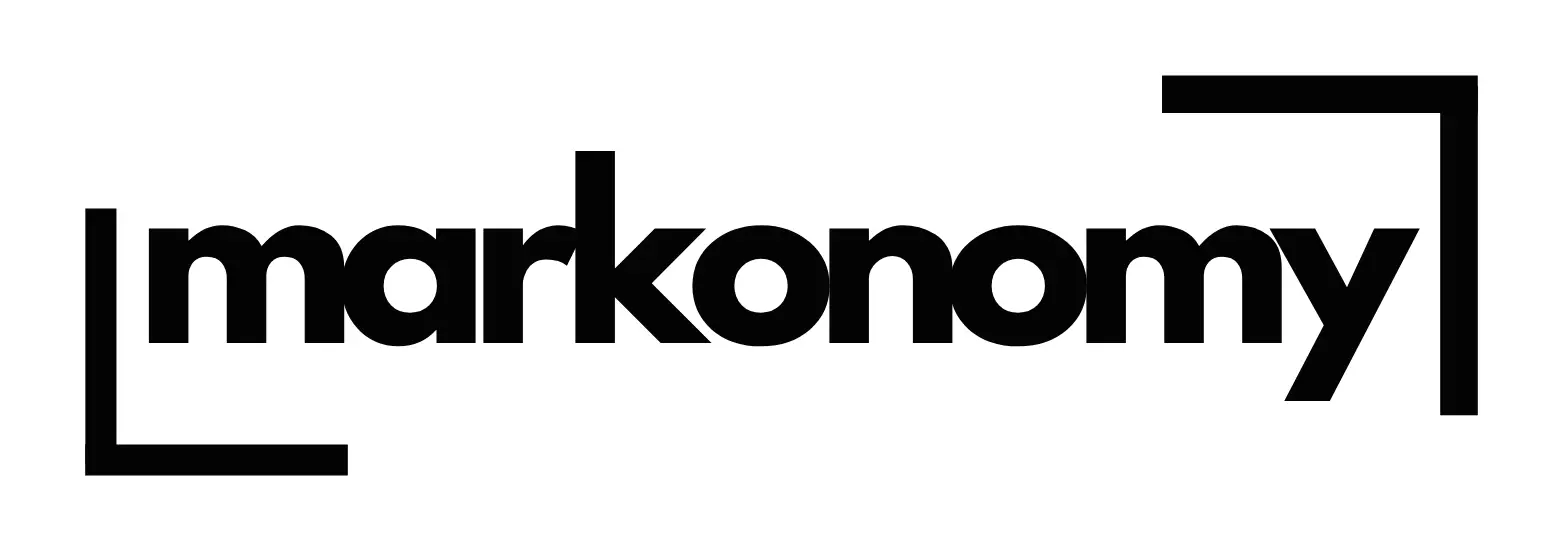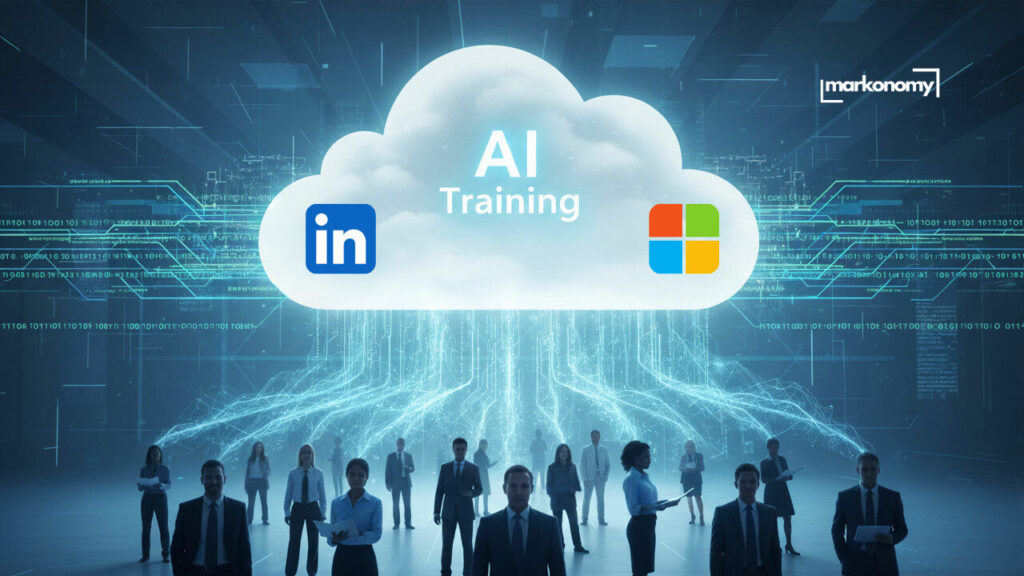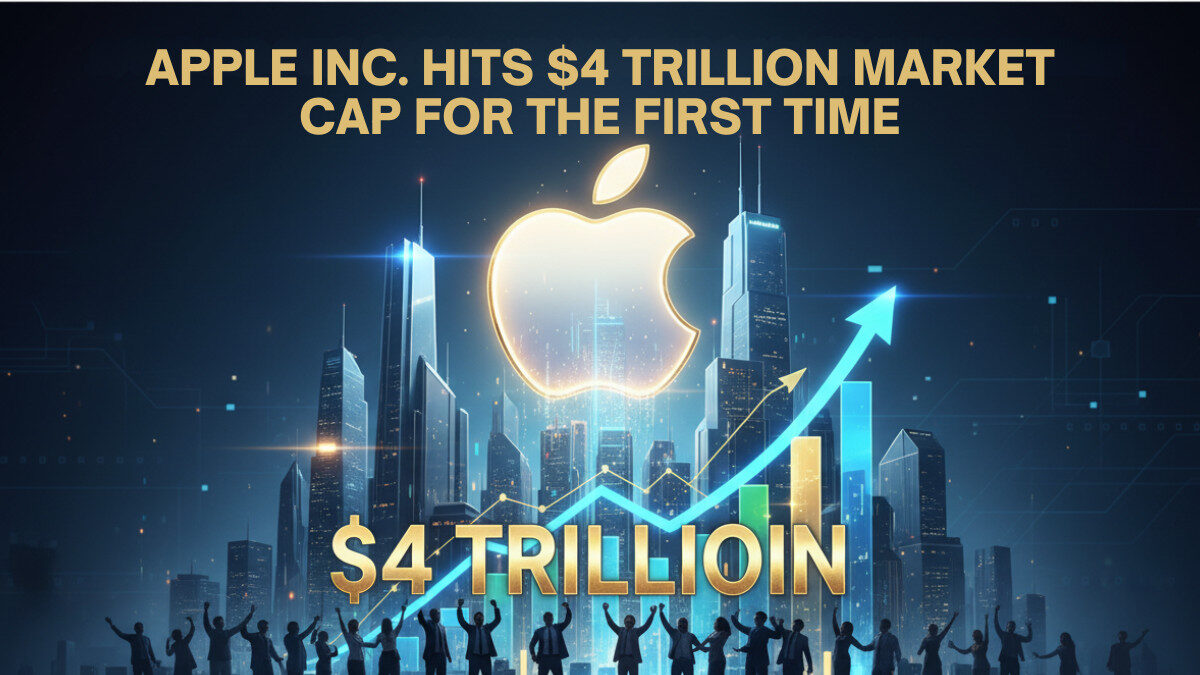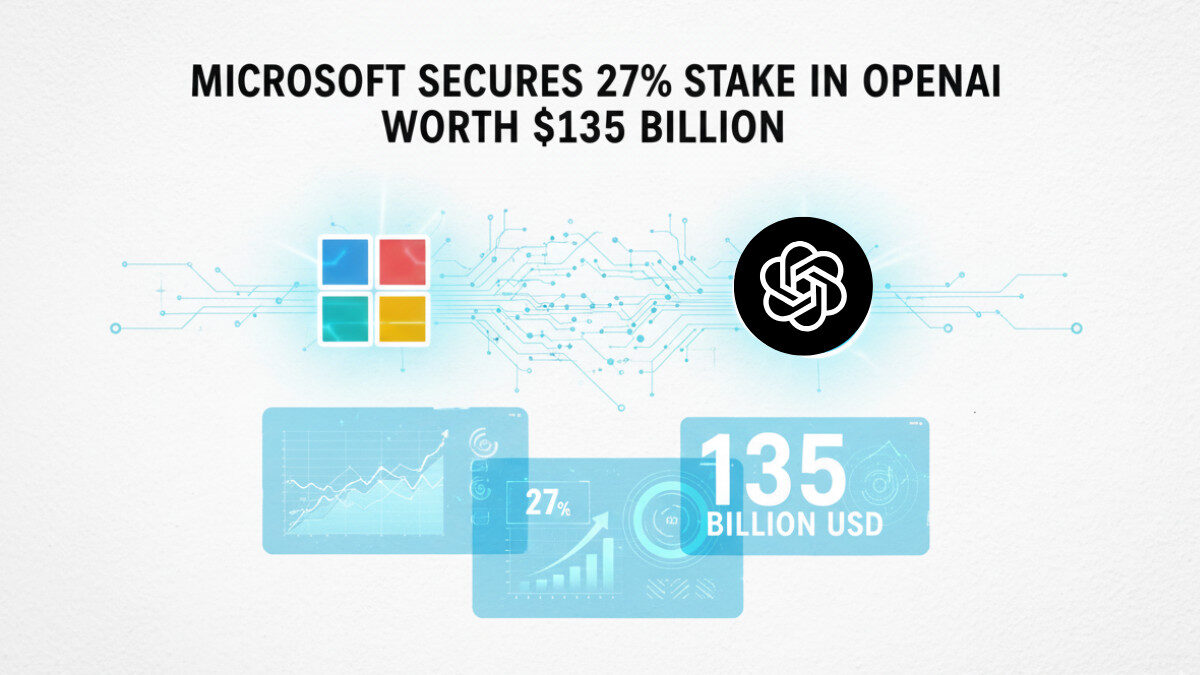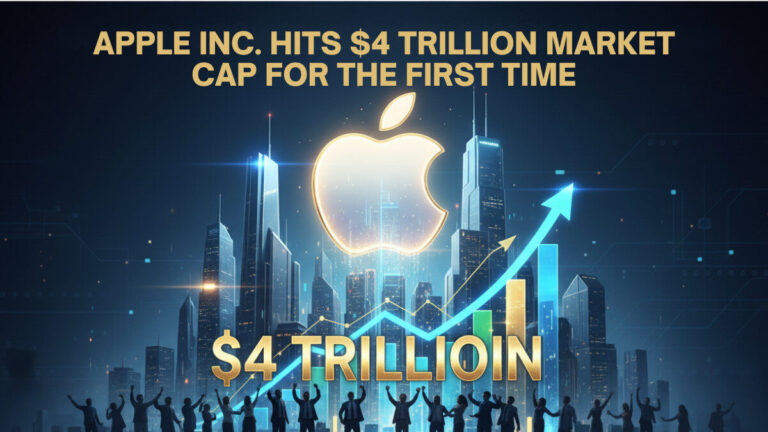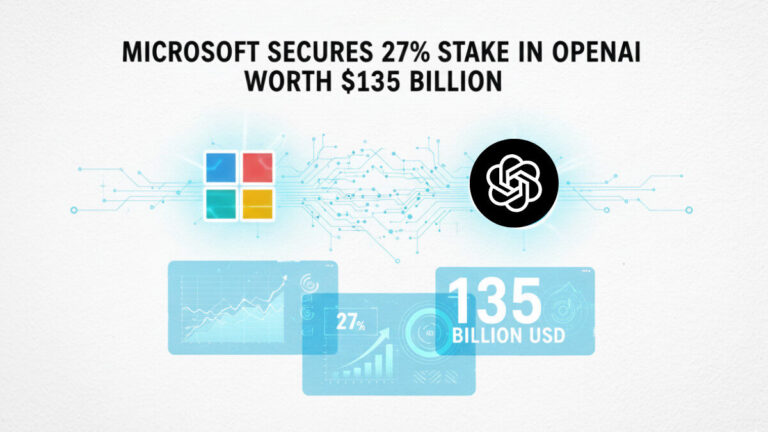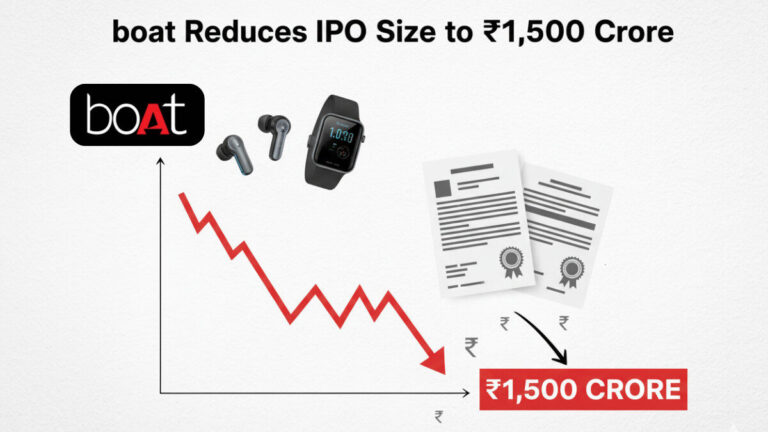LinkedIn has announced that starting in November 2025, it will begin sharing user data with Microsoft to improve artificial intelligence (AI) systems. The move is part of Microsoft’s broader plan to enhance its AI tools across products such as Copilot, Office, and Azure AI.
What Data Will Be Shared?
According to LinkedIn, the data shared will include:
- Public posts
- Job titles and professional details
- Skills and endorsements
- Networking activity
The company clarified that private messages, confidential files, and sensitive personal information will not be shared.
Why Is LinkedIn Doing This?
Microsoft wants to train its AI models with real-world professional data. By leveraging LinkedIn’s massive user base of over 1 billion members, Microsoft aims to enhance the utility of its AI in career growth, hiring, and workplace productivity.
User Concerns
While the announcement is aimed at enhancing AI features, it has also raised privacy concerns. Some users worry about how their information will be used and whether it could lead to misuse.
LinkedIn has said users will have the option to opt out of data sharing through their privacy settings.
What It Means for Professionals
- Smarter job recommendations
- Improved resume and profile suggestions
- Better skill-matching for recruiters
- Enhanced productivity tools in Microsoft Office
This integration highlights how AI and professional networks are becoming more connected, but it also underlines the importance of data transparency and user trust.
Summary Table
| Detail | Information |
|---|---|
| Company | LinkedIn (owned by Microsoft) |
| Change | Sharing user data with Microsoft for AI training |
| Start Date | November 2025 |
| Data Shared | Public posts, job titles, skills, networking activity |
| Data Not Shared | Private messages, sensitive files |
| Opt-Out Option | Yes, via privacy settings |
| Purpose | Improve Microsoft AI (Copilot, Office, Azure) |
| Concerns | Privacy and data use |
| Benefits | Smarter job matching, improved tools, better recruiter insights |
